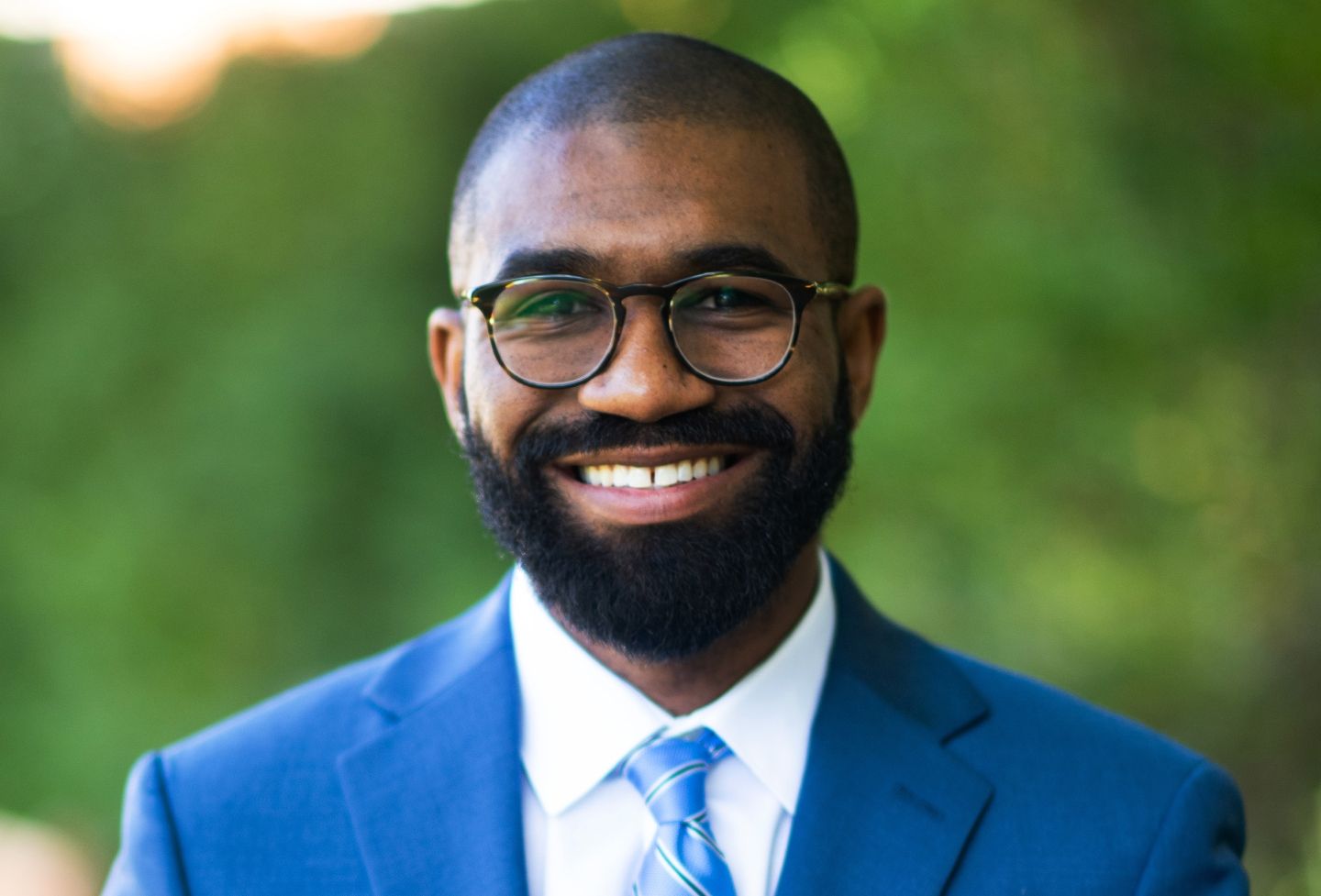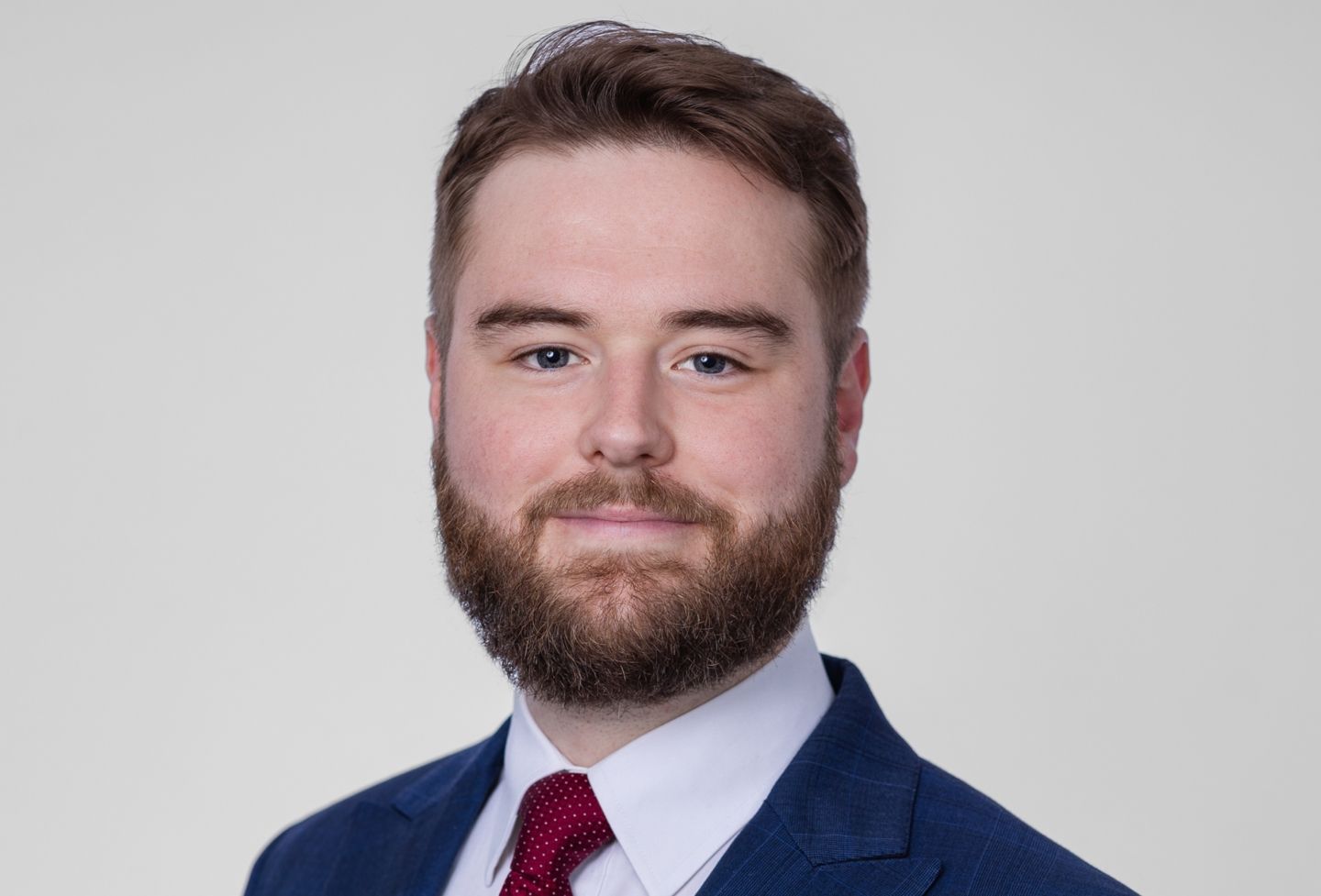Alumni Q&A: Janet Nolan '89 on Weeding Out Fraud and Abuse in Federal Health Care Programs
Janet Nolan, a 1989 alumna of the University of Virginia School of Law, helps prosecute health care fraud and abuse cases as an attorney in the Office of General Counsel in the Centers for Medicare and Medicaid Services division of the U.S. Department of Health and Human Services.

Nolan, who said she was speaking in a personal capacity and that her views do not reflect that of the government or HHS, recently discussed her job and career path with UVA Law.
What are your duties at the Centers of Medicare and Medicaid Services?
CMS is the agency that administers the Medicaid and Medicaid programs, and I specialize in fraud and abuse issues, namely the False Claims Act. I work closely with the Department of Justice and the Office of Inspector General in assisting them with investigations and litigation matters involving health care providers accused of fraud against the federal government. Our office provides legal guidance to DOJ attorneys on how to interpret regulations and guidance issued by CMS on coverage and billing issues. I also provide litigation support to DOJ attorneys when they are suing health care providers in federal court under the False Claims Act.
What is a typical day like for you?
I spend a lot of time on the telephone with attorneys from the Department of Justice and the Office of the Inspector General discussing CMS policy and regulations, and strategizing on case development. Oftentimes, these calls will include CMS subject matter experts to help explain how CMS interprets and applies the regulations at issue in the case. I also spend time researching CMS regulations and guidance and seeking internal guidance from CMS officials about payment and coverage issues.
Could you describe your career path after law school?
Right after law school, I went to a big Washington law firm to do litigation. I learned a lot at the firm, but after two years, I left to join the government because I wanted to do more hands-on litigation. In 1989, I joined the Civil Fraud Section at the Department of Justice, the section charged with enforcing the False Claims Act, a statute that allows the government to recover treble damages [triple the amount of actual/compensatory damages] against any entity that submits false claims to a government program.
Even though I had no health care background at all, I asked to work on health care fraud cases because I liked working with the attorney supervising that group. Totally coincidentally, health care fraud became a major DOJ initiative in the 1990s and has continued to be a major law enforcement priority for all subsequent administrations. After several years at "Main Justice," I followed my husband (Paul Nolan '89) to his job in New Jersey and began working as an assistant United States attorney for the District of New Jersey, in Newark, still specializing in civil health care enforcement. As an AUSA, I had almost complete autonomy to pursue (or not pursue) fraud cases against New Jersey providers and worked very closely with the criminal AUSAs in the office on investigating and developing cases.
After four-plus years in New Jersey, I was able to convince my husband to return to the D.C. area. I joined Fulbright and Jaworski as counsel, working part-time, and represented health care providers who were being investigated or sued by the federal government. When I was ready to go back to work full-time, I rejoined the government, this time at HHS, hired back by a former colleague from my DOJ days. I have been at my current job for a little over two years.
Did you always want to work for the federal government?
I have always wanted to work for the federal government and feel very fortunate that I have had such wonderful jobs at both DOJ and HHS. I am truly committed to the mission of federal service and hope that I have played some role in weeding out fraud and abuse in federal health care programs. One of the irreplaceable aspects of working for the federal government is interacting daily with incredibly smart and dedicated attorneys, and collaborating with them to provide top-quality legal service on behalf of the federal government.
In what ways did UVA Law help prepare you for your career?
Besides the obvious "subject matter" skills that UVA provides all of its graduates, I believe that the collegial atmosphere at UVA, which I believe is truly unique among law schools, showed me that the practice of law can be, and indeed should be, an exercise of highly engaged people pursing their craft with principles intact. As a government attorney, I know that I will not always agree with the attorneys at DOJ or even in my own agency, but I recognize that everyone is motivated by trying to get to the "right" answer for the right reasons. I felt that same professional spirit amongst my classmates at UVA.
What are some of your favorite memories from your time at UVA Law?
Since I met my husband at UVA Law School, obviously I have many, many favorite memories from my time there. Even now, over 20 years after graduation, my closest friends are from my law school days and those of us who settled in the D.C. area get together frequently! My favorite memories have to be from the second semester of my third year, when we all had time to play softball, barbecue, drink a few cocktails and just enjoy the beauty that is Charlottesville in the spring!
What advice would you give law students who are interested in pursuing a similar career path?
Don't be afraid to ask questions or to admit what you don't know — no one knows everything and it only gets harder to ask questions the longer that you are out! Don't feel like you need to know where you will be in five years, 10 years — careers have a way of unwinding in unexpected ways.
Founded in 1819, the University of Virginia School of Law is the second-oldest continuously operating law school in the nation. Consistently ranked among the top law schools, Virginia is a world-renowned training ground for distinguished lawyers and public servants, instilling in them a commitment to leadership, integrity and community service.


